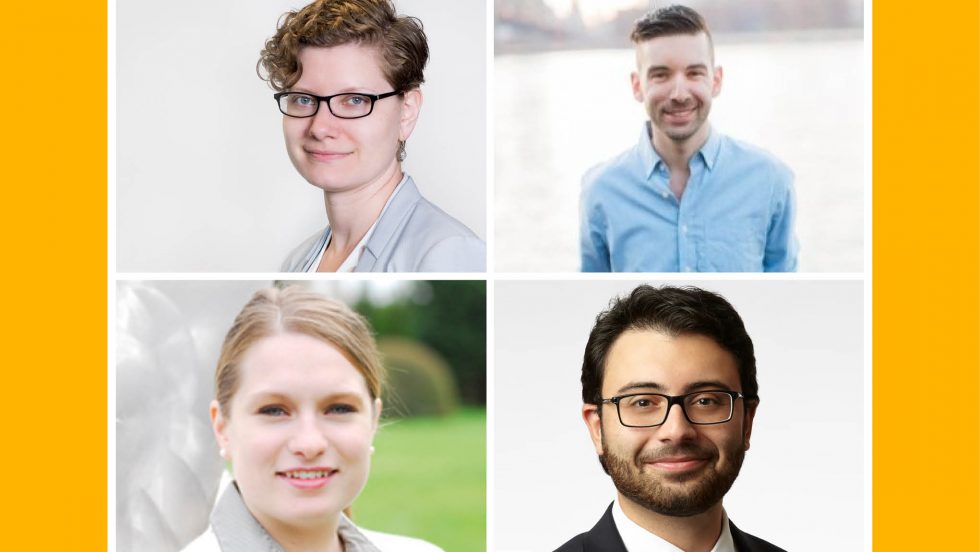
A degree in philosophy gave these alumni the skills to be thought leaders in a variety of careers ranging from humanitarian work to justice protection to elder law.
The word “philosophy” translates from its Greek origin to “the love of wisdom.” Alumni philosophy majors say their experiences learning, discussing and sharing wisdom, so to speak, on areas such as the nature of reality, knowledge and belief, ethics, government, and society have greatly enriched their lives. They also say the skills they’ve acquired in critical thinking, communication and ethical reasoning have been valuable preparation for their various careers.
Numerous studies, such as one by PayScale, have shown that philosophy is good preparation for further studies in various fields and can help students gain admission to graduate programs in law, medicine and other professional areas.
“Philosophy trains students to be analytic thinkers who are attuned to detail and nuance,” said Shawn Kaplan, PhD, associate professor and chair of the Department of Philosophy. “The ability to analyze complex arguments in philosophy translates to them being able to analyze projects or workplace problems and creatively develop solutions to them. Our majors are also made to understand diverse perspectives in philosophical debates, and this strengthens their ability to both understand opposing points of view and to be able to rationally persuade people with diverse and opposing opinions and perspectives.”
These Adelphi alumni spoke on how earning a philosophy degree has contributed to their professional and personal lives.
Nicholas N. Khayumov ’14, JD
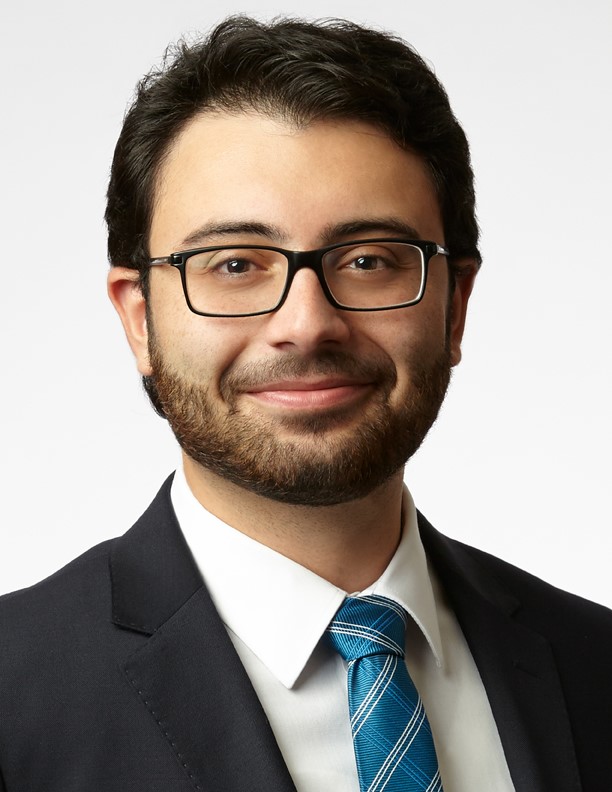
Nicholas N. Khayumov, ’14 JD, associate attorney, Littman Krooks LLP
Nicholas N. Khayumov ’14, JD, Associate Attorney, Littman Krooks LLP, was drawn to philosophy by the classroom environment of lively debate and discussion among professors and students. “The rigorous philosophical training I received proved invaluable in navigating dense and complex legal texts during law school,” he said. “The logical reasoning skills honed through philosophy were instrumental in excelling in the LSAT exam, law school and the bar exam.”
Khayumov specializes in trusts and estates, elder law, and special needs planning, “safeguarding the assets of elders, ensuring their proper care and planning the future for individuals, especially those with disabilities,” he said, adding, “The holistic approach instilled by my philosophical education allows me to view client matters not merely as transactions but as opportunities to contribute meaningfully to our community.”
Leah Prestamo ’08, JD
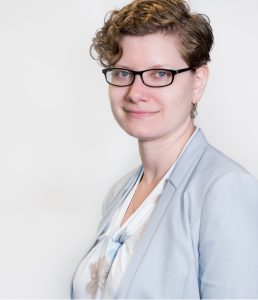
Leah Prestamo ’08, JD, general counsel, Acacia Center for Justice
Leah Prestamo ’08, JD, General Counsel, Acacia Center for Justice, also found that philosophy provided a good foundation for a career in law, particularly in her field, which provides in-house counsel to nonprofit organizations.
“I appreciated the way the Adelphi philosophy department forced me to ask questions and provided options for how to think about the world rather than answers,” she said.
She explained that the philosophy program’s focus on history “offers the perspectives of entire schools of thought that contradict, complement and otherwise have all kinds of neat tensions with one another. Critical thinking, ethics and legal theory are the areas of philosophy usually cited as being useful for a career in law, but I think it’s deeper than that. Studying philosophy trains you to probe the foundations of everything.”
Camille Pajor ’09, MBA ’16
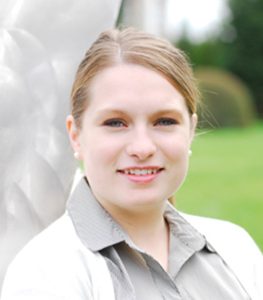
Camille Pajor ’09, MBA ’16, crime victim advocate, Safe Horizon
Camille Pajor ’09, MBA ’16, Crime Victim Advocate, Safe Horizon, was working as director of bias response and Title IX coordinator at The Juilliard School when Russia invaded Ukraine in early 2022. She felt compelled to help, and she and her partner left their jobs to volunteer to assist refugees on and near the Poland-Ukraine border. She later began working for Oxfam as a protection officer, leading a team that provided psychological first aid and resources to refugees traumatized by the war.
“[Philosophy is] not just an opinion sharing, but a space to develop entire philosophical concepts, theories and arguments,” Pajor said. “A philosophy degree can give people a lot of leverage, [especially in today’s world where] we’re faced with a lot of different issues and topics and trying to understand how information flows, if a source is warranted, and what arguments and evidence people are putting forth. These all play into the problem of disinformation. So, in addition to being an interesting discipline, I think you can take a lot from it into other areas.”
Nicholas LaRousse ’10
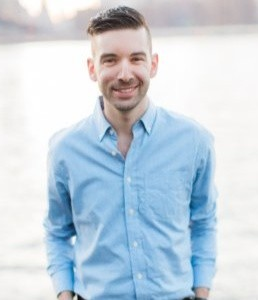
Nicholas LaRousse ’10, national account manager, Penguin Random House
Nicholas LaRousse ’10, National Account Manager at Penguin Random House, was an English major planning to minor in philosophy until he realized he could meet the requirements for a second major. He said his philosophy background has made a lasting impact on him and has helped him in his career handling sales for Penguin Random House, part of the Knopf Doubleday Publishing Group, to major retailer Barnes & Noble.
“I have always felt that my philosophy degree was an invaluable primer to my future studies and work, as the critical thinking skills have paid such significant dividends,” he said. “In graduate school, apart from working on my own creative projects, I would also read and provide feedback for others. I firmly believe that the skills of reading comprehension, crafting and articulating arguments and defending a position were invaluable.
“There is also an element of empathy that comes from studying philosophy,” he continued. “When you read and engage with philosophical texts you learn to understand various perspectives and viewpoints. Those skills are needed everywhere.”